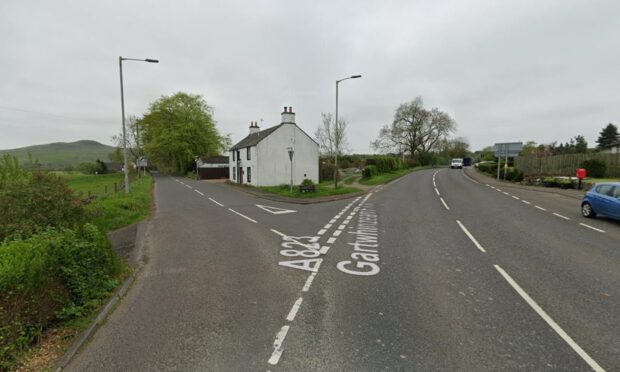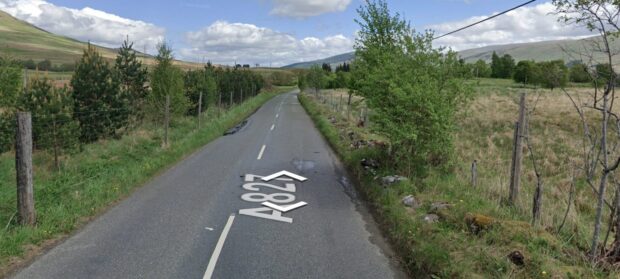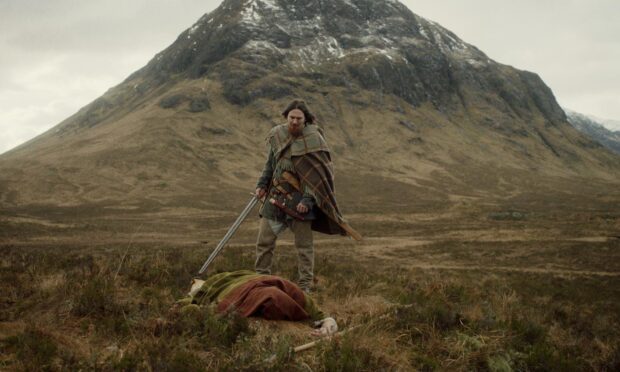Confusion surrounds proposals for a public inquiry into plans to dual the A9 over the historic Killiekrankie battlefield.
Transport Scotland previously said an inquiry will be held, following 183 objections to the proposed route for the dual carriageway.
Critics are angry that the trunk road pass would pass close to the site of where the Jacobite rebellion began in 1689.
However, Scotland’s economy secretary Keith Brown has said no inquiry has been arranged as part of the programme to dual the entire route between Perth and Inverness.
Mid-Scotland and Fife MSP Murdo Fraser has branded the lack of clarity over the issue a “complete and utter shambles”.
Mr Fraser said: “Less than two weeks ago Transport Scotland confirmed that a public local inquiry would be held and now we have Keith Brown rowing back this position and stating nothing has been arranged.
“People in Killiecrankie have every right to be outraged by this. Clearly there are communication issues between Transport Scotland and the Scottish Government and no-one really knows what is going on.
“Local residents have lost faith in the ability of the Scottish Government to handle this process and their approach to-date has been nothing short of incompetent.
“Killiecrankie is one of Scotland’s most historic battlefields and it is clear that the Scottish Government can no longer be trusted to preserve it.”
Campaign group Killiecrankie 1689 is fighting against the proposed route, aalongside battle re-enactors Soldiers of Killecrankie.
Athough the A9 already runs through the battlefield, the protestors say the dual carriageway will destroy key areas of historical interest.
This week, Transport Scotland said an inquiry was the “appropriate forum” but the timing and management was the responsibility of the environmental appeals division of the Scottish Government.
A Transport Scotland spokesman said: “The Scottish Government has been clear that this section of the A9 is now subject to the statutory process, the timescales of which we have no control over and have an obligation to follow.
“Failure to do so would run the risk of legal challenges which would impact on the delivery of the scheme.
“Given the number of objections received it is entirely normal for a scheme of this complexity to be considered at public local inquiry. As for all our road schemes, this is the appropriate forum for considering objections received but not withdrawn.
“However, it wouldn’t be productive to arrange an inquiry until after surveys have been completed and further discussions with objectors have taken place to try and resolve their concerns.”









